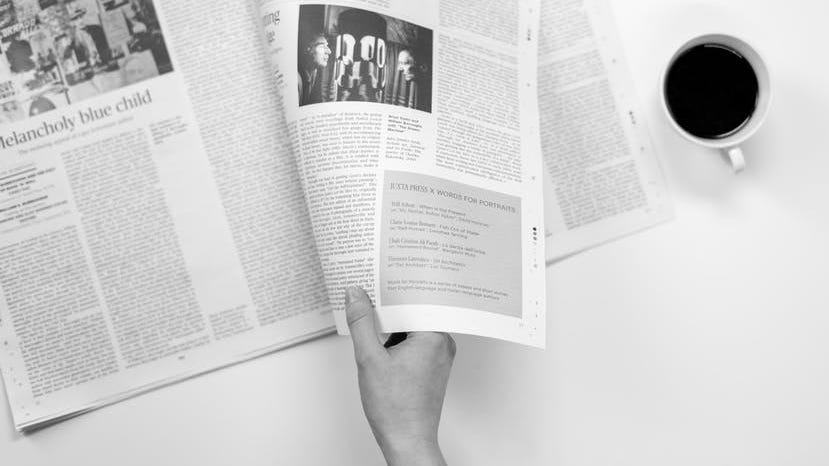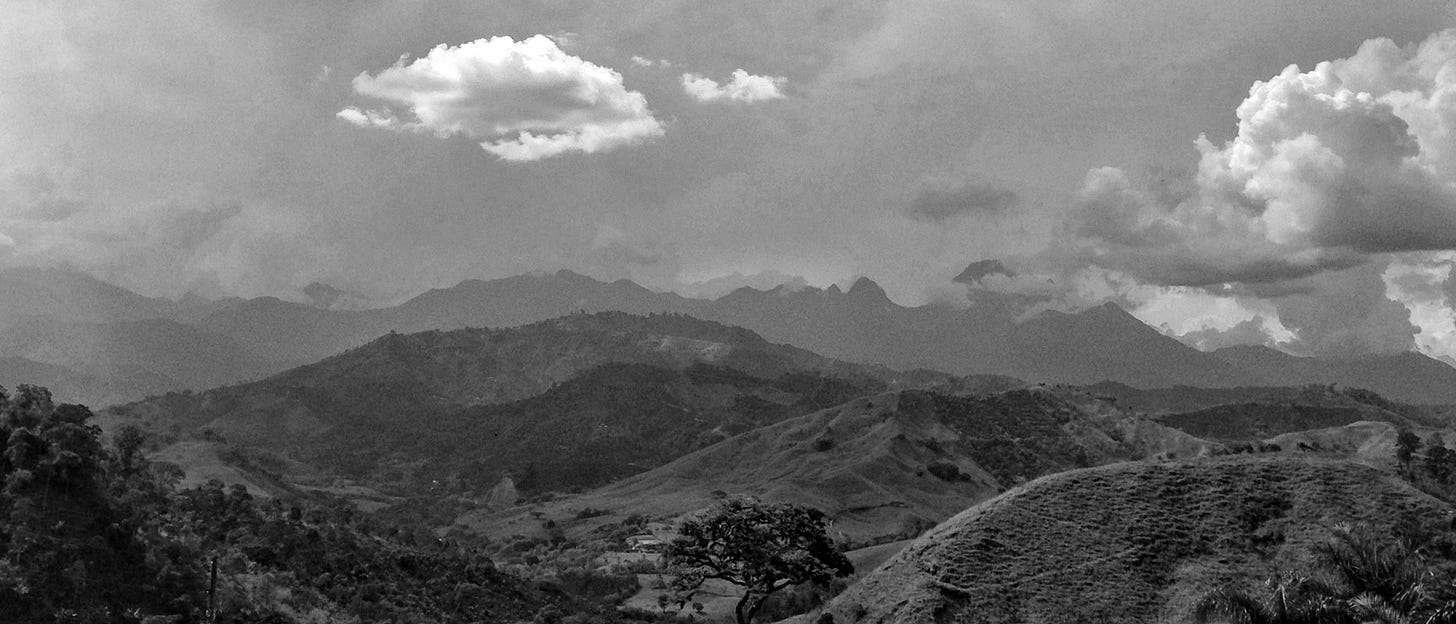Coffee News Roundup: Week Ending June 11th
This week, the ICO "predicts recovery" from the coffee price crisis; cafes are faring better than some restaurants in the made up labor shortage panic; and there's bad news on the coffee health front.
Hello and welcome to another Coffee News Roundup.
Let’s see what’s been going on this week.
ICO Predicts Recovery From Price Crisis As May Coffee Prices Surge To Four-Year High - Via Global Coffee Report
The coffee price crisis has been an ongoing, well, crisis for several years now, hitting a nadir in August 2018 when the New York C price dropped below $1 per pound for the first time since 2006. Since then, the price has crept upwards to the point where, this week, the International Coffee Organization (ICO) “predicts recovery” from the aforementioned crisis—or at least, that’s what the headline of this piece in Global Coffee Report (GCR) says.
The ICO has been tracking the price of coffee for decades, and its composite indicator rose 10% in May to a high of 134.78 US cents per pound, the highest it’s been since 2017.
The reason?
“The price performance has been driven by an expected reduction in production in key exporting countries like Brazil for the 2021/22 season,” according to GCR, alongside anticipated growth in consumer demand as lockdowns ease and vaccinations increase (at least in some countries).
Another reason in the increasing price might be Colombia, the world’s third-largest coffee exporter after Brazil and Vietnam and largest exporter of Arabica beans, which has seen its exports drop by 52% in May compared to the previous year, due to the continued anti-government protests and road blocks.
Whether this price recovery is temporary—what happens when Brazil’s production increases, or exports get back to normal?—or whether it can be maintained remains to be seen, but leaving coffee producers to the whims of a fluctuating and temperamental market doesn’t seem very sustainable. Perhaps it’s time for a rethink?
Caterers And Bars Are Losing To Coffee Shops In The Scramble For Employees - Via Business Insider
Did you know that there’s a labor shortage in the US? Restaurants and other businesses have been complaining (loudly, so loudly) that they can’t find the staff to reopen, and they’re blaming workers. For some reason, people don’t want to go back to work for poverty wages and risk their lives to deliver hamburgers or sweep floors. Amazing, when you think about it.
But of course there’s not really a labor shortage. There’s a wage shortage. When you pay the minimum wage—which, at the federal level is $7.25 per hour and hasn’t increased in over a decade—you shouldn’t be surprised that people don’t want to work for you in the middle of a pandemic.
Surprisingly, one sector that hasn’t had as much trouble finding staff is the coffee industry. This Business Insider article, which fecklessly (but unsurprisingly) repeats the “labor shortage” nonsense and extensively references pro-business lobbying groups like the National Restaurant Association (which has long fought to stop a minimum wage rise) and the US Chamber of Commerce (an anti-union group and the largest lobbying organization in the country), notes that coffee shops are among the segments that have returned to almost pre-pandemic staffing levels.
Why is this? Why has the coffee shop workforce rebounded so much when dine-in restaurants like buffets are still “struggling to fill roles”? The article doesn’t say, but perhaps working in a cafe is seen as safer than working in a buffet (also, who is going to a buffet during a global pandemic?).
There is, of course, a very easy way to improve staffing levels—and it’s also a beautifully capitalistic example of supply and demand: pay people more money. Easy. Give them better wages, better healthcare, and better childcare options, and you’ll be inundated with applications.
More Headlines
Ritual Coffee’s Owner Fires Husband After He Uses Racial Slur
BLK & Bold Inks NBA Deal, Releases The Warm Up
Colombia Cup Of Excellence Auction Breaks All-Time Average High At $30+/lb
The Week In Coffee Unionizing
Workers at a Jacob Douwe Egberts (JDE) plant in Banbury, Oxfordshire, went on strike this week in response to the company’s “fire and rehire” plans. Nearly 300 employees were sent letters giving them 12 weeks to sign a new contract or be let go, prompting the Unite union to advise against signing the contracts and to call a series of 24 hour strikes.
This fire and rehire tactic is illegal in much of Europe (but not in the UK) and sees companies sack workers and then rehire them with worse pay and benefits. The new contracts could see workers lose upwards of £12,000 per year.
“We worked through the pandemic making them profits,” said one worker. “These letters are a kick in the teeth. They thought the letters would dampen our spirits, instead they have made us more determined. We won’t give in—we’ll keep fighting.”
JDE Peet’s is a global coffee conglomerate owned by JAB Holdings and Mondelez International following the merger of JDE and Peet’s, and made a net profit of $364.8 million in 2020. Just saying.
Is Coffee Good For You?
Not this week.
According to new research from the Icahn School of Medicine at Mount Sinai and published in the journal Ophthalmology, drinking three cups of coffee per day could could nearly quadruple risk of glaucoma, and therefore blindness, in those genetically predisposed to the condition.
The study used the UK Biobank and analyzed data from more than 120,000 people, who provided information about their caffeine intake and their family history with glaucoma. Participants had their intraocular pressure (IOP) measured three years into the study. IOP is pressure inside the eye that when elevated can be a risk factor for glaucoma.
The study found that those with a family history of glaucoma and who ingested more than 321 milligrams of caffeine—what they say is the equivalent to roughly three cups of coffee—”had a 3.9-fold higher glaucoma prevalence when compared to those who drink no or minimal caffeine and in lowest genetic risk score group.”
Which is, yikes.
“This study suggested that those with the highest genetic risk for glaucoma may benefit from moderating their caffeine intake,” said study co-author Dr. Anthony Khawaja. “It should be noted that the link between caffeine and glaucoma risk was only seen with a large amount of caffeine and in those with the highest genetic risk.”
What To Read
An Open Letter To U.S. Coffee Industry On Racism: One Year Later by Phyllis Johnson
Until next week, drink good coffee.






